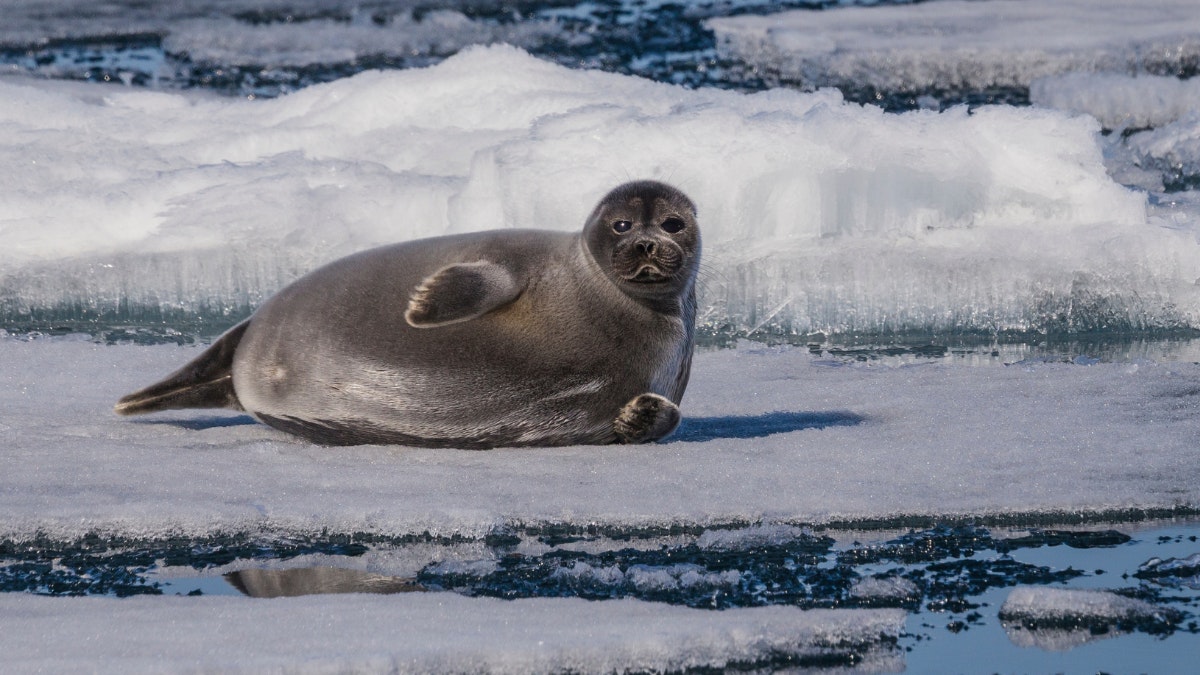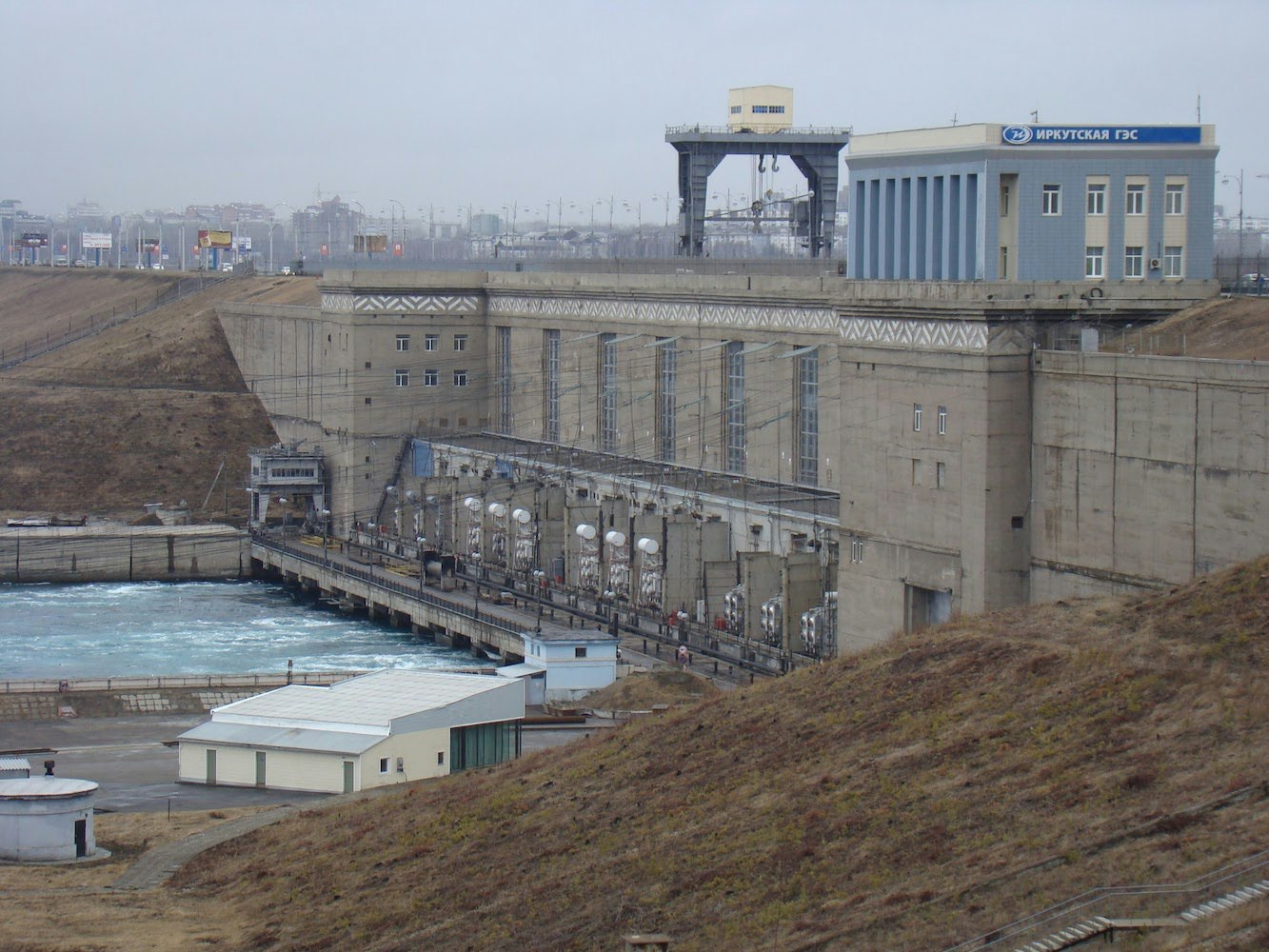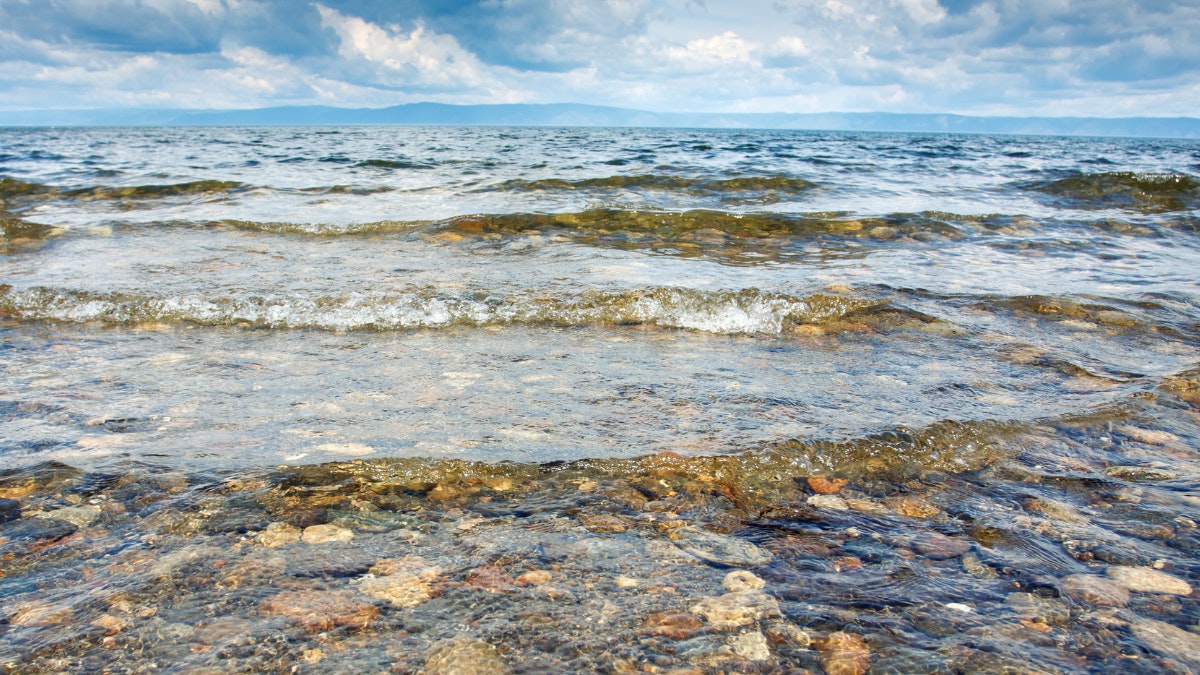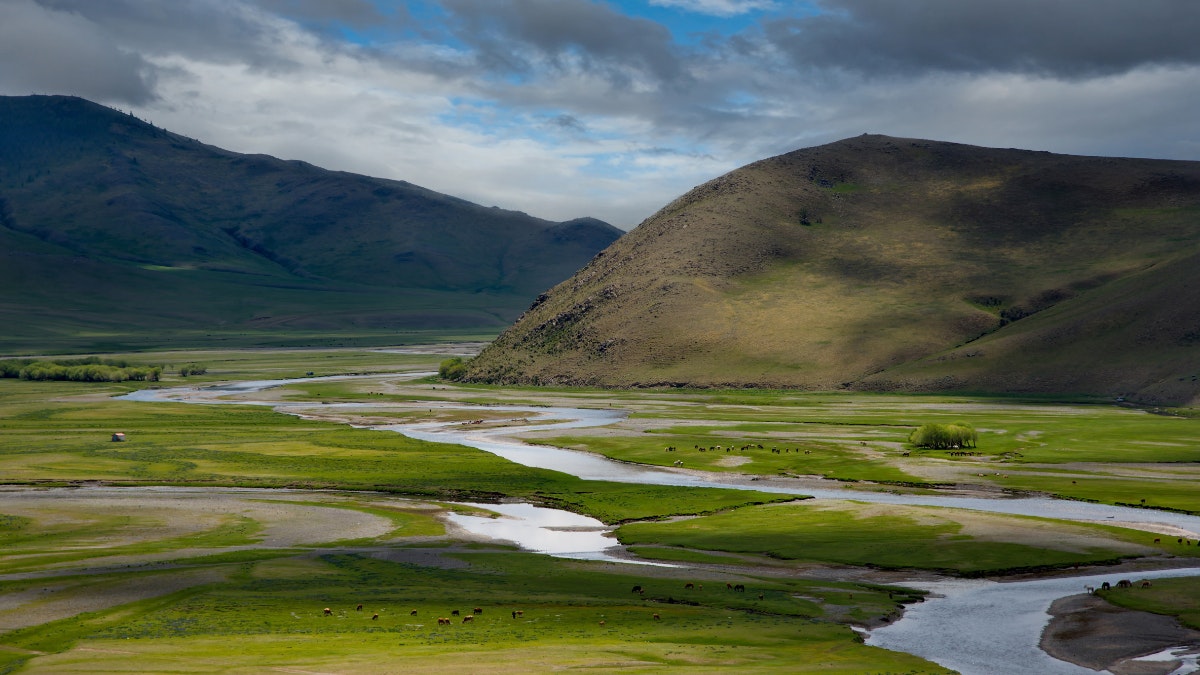How the UK is plumbed into the world’s most ancient freshwater lake...
the birth of an ocean

Along the boundary of two tectonic plates in southeast Siberia lies a rift valley filled with fresh water. It started forming during the same epoch that the Alps began to rise in Europe, South America drifted towards North America, and Antarctica developed an ice cap. Twenty-five million years later, Baikal remains our oldest freshwater lake.
It is also the deepest at 1,700 meters, and beneath it, the planet’s deepest continental rift plunges lower still – through 7 miles of silt.
The sheer volume, age and isolation has produced rich ecosystems of exceptional value to evolutionary science: more than 2,000 species living in Lake Baikal aren’t found anywhere else on earth. Among them is the nerpa: our only exclusively freshwater seal.

Despite the impressive stats, geologically speaking this UNESCO World Heritage Site is young. Lake Baikal holds 23% of earth’s unfrozen freshwater and every year the shores drift 2cm further apart. Some geophysicists consider it an ocean being born.1
Yet its future lies in the hands of a single species that evolved in a comparative blink of the eye: us. While shoreline development, sewage and nutrient runoff from rampant forest fires are polluting its shallows, one of the lake’s biggest threats is closer to home than you might think.2
the uk’s impact

En+ Group is an Anglo-Russian aluminium and energy conglomerate with coal and hydropower plants swarming the only river that flows from Lake Baikal. By using hydroelectricity to power its ‘green aluminium’ smelters, En+ claims that its manufacturing process generates 80% less emissions than rival firms in China. Listed on the London Stock Exchange, the company reported revenues of $10.4 billion last year and is led by the UK’s former Energy and Climate Change Minister, Lord Barker.3
Clean energy is essential to combatting the climate crisis, but at what cost to biodiversity?
Whitley Award winner Eugene Simonov, a conservation scientist on the frontline, says En+ ‘is destroying key ecological features [around Lake Baikal] by introducing unnatural fluctuations to its water level.4

En+ holds the power to drain the life from ecosystems when forcing the water level too low, such as between 2014 and 2017 when it receded below legal limits and fish, such as the endemic Omul whitefish, could not reach spawning waters.5
Conversely, a period of high water began in 2019 which, when reinforced rather than mitigated by dam regulation, has eroded shores, sandbars, islands, wetlands, and river deltas. This has knock-on effects. For example, shoreline erosion causes a nutrient influx that exacerbates the eutrophication crisis in the lake’s shallow-water ecosystems. It can also harm coastal ecosystems such as the globally important Selenga River delta – a Ramsar site with 300 bird species and a natural filtration system that purifies heavy metal pollution.6
Often called the ‘Galapagos of Russia’, Lake Baikal has a complex ecological web of unique flora and fauna. When one strand is altered, the impact cascades and forms negative feedback loops, worsening the outcome of each blow. Eugene explains that En+ ‘continue to regulate Lake Baikal levels without proper monitoring and assessment of the consequences’.7
campaigning for change

With WFN’s support, Eugene and the international Rivers without Boundaries coalition (RwB) are advocating for truly green innovation that recognises, prevents and mitigates environmental impact. They monitor transboundary developments, campaign to save irreplaceable ecosystems, and make sure biodiversity conservation is included in policies, plans and practices.
At Lake Baikal, RwB are publishing a slew of scientific assessments, assembling allies across civil society, business and government, as well as advocating for public participation in decisions. This work is paying off: their research has influenced the latest IUCN assessment of Lake Baikal as of ‘significant concern’;8 they convened the first meeting between En+ and World Heritage Centre officials while making En+ publicly admit responsibility for biodiversity conservation;9 and their most recent public petition gathered 122,000 signatures.10

At the World Heritage convention that concluded in China last week, Eugene thanked UNESCO for insisting that environmental impact assessments are completed by February 2022 without further weakening of protective regulations in the meantime, to avoid the addition of Lake Baikal to the List of World Heritage in Danger. He concluded, ‘to save Lake Baikal we all need to improve timely communication, including between the government, civil society and local communities’.11
combined solutions

This isn’t a situation limited to the world’s oldest lake. In June, Third Pole reported on Mongolia’s Blue Horse programme: a nationwide masterplan for water infrastructure that is receiving international funding as a ‘climate change adaptation’, while threatening to degrade at least two World Heritage sites, four Ramsar wetlands, four UNESCO biosphere reserves and all of Mongolia’s major free-flowing river ecosystems.12
The Heritage Dammed report, developed by 30 NGOs and presented at the 2019 International Hydropower Congress, found that ‘many government and industry players are marketing large hydropower as a solution for climate change, while in reality it often exacerbates climate change impacts on the resilience of aquatic ecosystems’.13 Last week RwB published an update that confirmed, two years later, the threat at over half of these sites has remained or worsened, despite COVID-19 and government promises to ‘build back better’.14

We are already losing freshwater species and habitats at twice the rate of their terrestrial or marine equivalents. The climate and biodiversity crises might both be alarmingly urgent, but they are inextricably linked: combined solutions (over quick wins) stand to save the source of life on earth. When the global agenda is set at COP26 in Glasgow later this year, we must remember that we’ll all be better off for seeing the bigger picture.
six ways to take individual action:
- Write to the UK’s UNESCO team and voice your concerns. You could even share Eugene’s recommendations for protecting freshwater ecosystems, which were presented to the UNESCO World Heritage Committee last week.
- Dive deeper into Heritage Dammed: a comprehensive report from 2019 about water infrastructure impacts on UNESCO World Heritage Sites, including a comparison with solar and wind energy. You can also read the July 2021 update on the worsening situation.
- Urge your MP to reject the new Cambo oil field west of Shetland and invest in renewable energy sources with net positive environmental impact.
- Digest ShareAction’s report on the asset management industry’s approach to responsible investment, including how the finance sector’s consideration of biodiversity impacts could be improved to match its commitment to climate-related issues.
- Read the new Friends of the Earth report on how banks can prevent financing unsustainable activities that negatively impact critically sensitive ecosystems and culturally irreplaceable sites.
- If you are in a position to donate you can help conservationists on the ground, like Eugene, by supporting WFN.
Sources:
1: https://www.forbes.com/sites/startswithabang/2020/06/24/the-incredible-science-of-lake-baikal-the-worlds-largest-oldest-lake/?sh=20f0bc62641b
2, 7: https://www.researchgate.net/publication/351858572_Lake_Baikal_in_Crisis
3: https://enplusgroup.com/en/investors/results-and-disclosure/annual-reports/
4: https://www.tortoisemedia.com/2019/04/23/barker-19-04-23/
5, 6: https://www.researchgate.net/publication/350999398_Human_impact_and_ecosystemic_health_at_Lake_Baikal
8: https://www.researchgate.net/project/World-Heritage
9: https://enplusgroup.com/en/company/glance/baikal/
10: https://www.change.org
11: http://www.transrivers.org/2021/3353/
12: https://www.thethirdpole.net/en/energy/analysis-blue-horse-mongolia-water-infrastructure/
13: http://www.transrivers.org/pdf/2019HeritageDammedFinal.pdf
14: http://www.transrivers.org/2021/3370/



